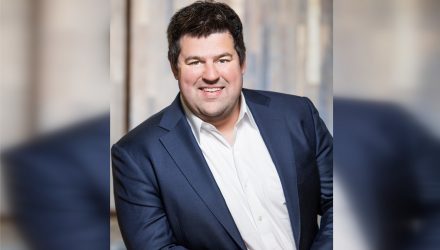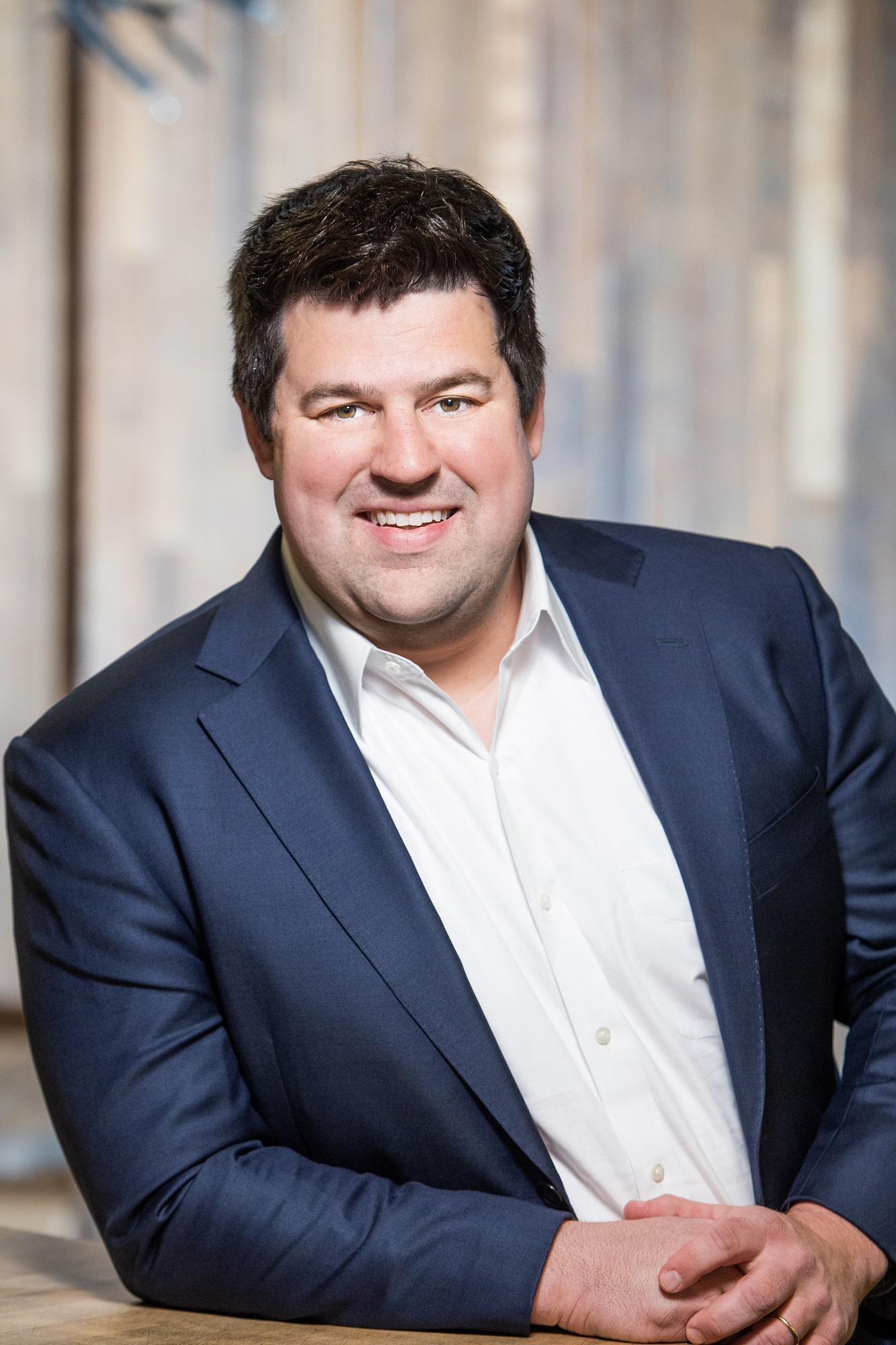Prior to co-founding the asset management firm Unlimited, Bob Elliott had spent the bulk of his career in the hedge fund asset management space, which typically charges the “2 and 20” fee. He was a member of the investment committee at Bridgewater Associates and also head of venture capital at a fund that systematically identified high potential early-stage opportunities using big data.
However, Elliott realized that the steep fees weren’t benefiting investors.
“I increasingly recognized that 2 and 20 businesses are really good for the manager, and not that great for the investor,” Elliott told VettaFi at Exchange: An ETF Experience. “That’s because the managers are very good at generating returns, and they’re also very good at charging very high fees, which means that the investors are not that much better off.”
That sparked an idea: What if there was a way to take the indexing concepts that exist in traditional stock and bond investing to the world of 2 and 20 and offer that to investors at a lower cost?
“There’s a lot of people increasing access to alternatives, but a lot of what they’re doing is creating fund or technology structures to then invest in the funds themselves,” Elliott said. This, he explained, “has a key risk of negative selection… and it often creates fees on top of fees.”
A New Investment Firm
So, Elliott and his partners decided to form Unlimited, a new investment firm using “technology that replicates what the [2 and 20] managers are doing.” And in October, the nascent firm launched its debut investment product, the Unlimited HFND Multi-Strategy Return Tracker ETF (NYSE Arca: HFND).
HFND allocates toward a basket of ETFs and exchange listed futures contracts to replicate the returns of those underlying hedge funds. The actively managed fund uses a machine learning engine to track the gross-of-fee returns across several hedge fund indexes.
“Because we’re using technology instead of star PMs, and we’re using technology instead of investing directly in the funds, we can do it at a 95-basis-point management fee instead of a 2 and 20 fee,” the Unlimited CEO and CIO explained. “And because it’s an ETF instead of a traditional LP structure, it also has all the tax advantages that ETFs bring to the table.”
Addressing Pain Points
The advisors that Elliott has been speaking with recognize the value of alternatives in their portfolios, but they have a number of pain points that they’re looking to reduce or eliminate: They’re concentrated. They’re expensive. They’re illiquid. They’re tax-inefficient.
“And the paperwork is a total pain,” Elliott said.
Part of the way HFND is designed is to address “each one of those different pain points.” It’s diversified. It’s a quarter of the typical hedge fund management fee. It’s liquid. It’s tax-efficient.
“And you don’t have to do paperwork with an ETF,” he added.
In his conversations with advisors, Elliott has noticed that they’re increasingly scrutinizing the fees.
“When everything is going up, no one knows the difference between 16% and 14%,” he said. “But when things aren’t going up, people start to stare at those fees very seriously. They’re looking at their alternatives portfolios and saying, ‘Do those fees make sense?’”
Added Elliott: “My guess is we’re going to have a grand fee rationalization, particularly over the next couple of years, particularly in the 2 and 20 world.”
For more coverage of the Exchange conference, please visit VettaFi | ETF Trends.

